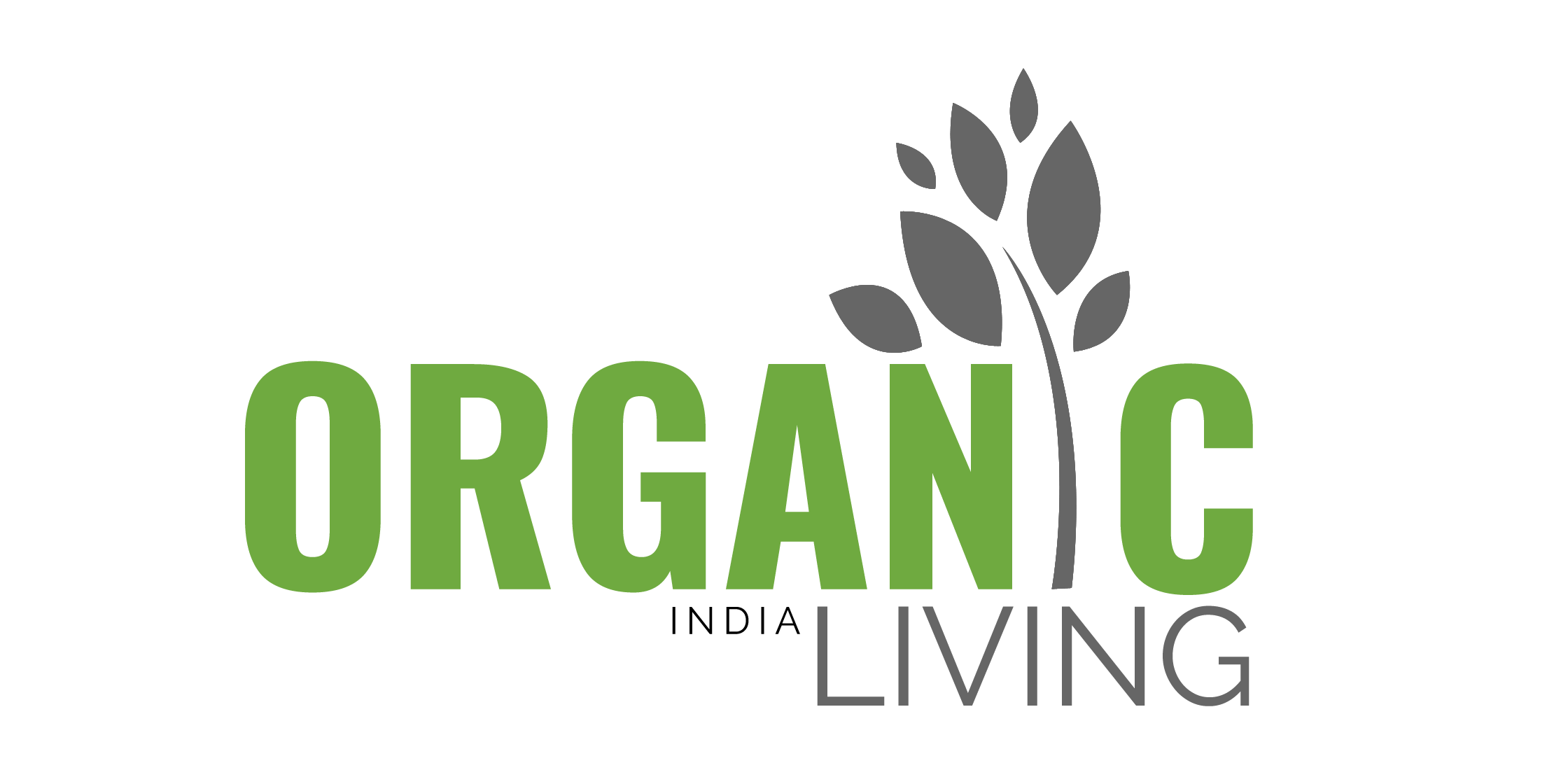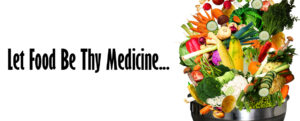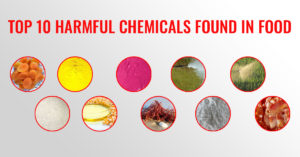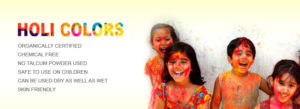
We are free in some respects and not in others. If I am imprisoned then obviously I am not free physically in any way. I can’t choose to go out and breathe on air, eat anything that I wish or go to the movie. But on the other hand, I am still free to think, free to say and free to write.
The real essence of freedom lies on four things …
- Freedom to Breath in Fresh Air
- Freedom to Eat Safe Food
- Freedom to Drink Clean Water
- Freedom of Human from Exploitation in Society
We don’t live on isolated islands. If I were Robinson Crusoe, I could do all the things that are physically possible for me. Fortunately we live in a society where we need to make sure our intention and action do not harm others.
Following are the few chemicals that are not only destroying our planet but also disrupting human civilization on a large scale. And this disruption is irreversible in any sense. So we would like to grab your attention for a change …
Bisphenol A – Bottles, Boxes and Lining in Food Cans
Bisphenol A, or BPA, is found in plastic bottles, boxes and lining of food cans. This creates a huge concern because this chemical is widespread. Particularly Kids and Pregnant women are at risk. The National Institute of Environmental Health Sciences (NIEHS) notes that animal studies have shown negative effects in newborns and fetuses after exposure. Toxicologist Dr. Patricia Rosen reports that BPA has potential health effects on behavior as well as the brain and the prostate gland. Although Dr. Rosen says that the low levels of BPA that occur in some foods have been deemed safe; she recommends taking precautions to avoid exposure, including limiting consumption of canned foods and avoiding heated foods in plastic containers in microwaves, as heating causes BPA to leach into the food product. Because of this risk, many plastic bottles and cans are now labeled as BPA-free; so please keep an eye out for them and aim to choose those. The NIEHS also recommends storing foods in glass, porcelain or stainless steel containers and using baby bottles that are BPA-free. The institute also notes, “Some, but not all, plastics that are marked with recycle codes 3 or 7 may be made with BPA.” Avoid them.
Organophosphates – Insecticides in Children’s Food
If you are making a choice between Organic and Conventional food products in your next visit to Grocery Store, you may want to take in to consideration Organophosphates – one of the most common and most toxic pesticides used in agriculture — and their potential dangers, especially if you have young children at home. According to the Environmental Working Group, more than 1 million children under the age of 6 consume an unsafe amount of Organophosphates each day, and for infants, commercial baby food is the major source of unhealthy amounts of the chemical. High intakes of Organophosphates are linked to increased incidence of attention-deficit hyperactivity disorder in children, and they may also have harmful effects on reproductive function. The best thing you can do to protect your family is to choose Organic Products. If cost is an issue, then look for natural and local alternative.
Glycol Ethers – Found in Cleaning Products, Cosmetics & Paints
Glycol Ethers appear on product labels as any of several variations on the root name, including Diethylene glycol, Dimethyl ether, Ethylene glycol monobutyl ether and Diethylene glycol monomethyl ether. This chemical is a point of concern. According to the Environmental Protection Agency, Glycol Ethers are most commonly found in cleaning products, liquid soaps and cosmetics, where they are used as solvents. Acute exposure to these chemicals can result in Necrosis, Pulmonary Edema and serious Kidney and Liver damage. Long-term exposure can cause Fatigue, Nausea, Anemia, Tremors and Anorexia. Although the chemicals pose the biggest threat to people who work with them in an industrial setting and the household use also still places you at risk. So from an ethical side we must refrain from purchasing these products so that demand is dismissed in the market. Glycol Ethers are used in products like paints, gum, perfume, dyes, liquid soaps and cosmetics; so be sure check the label.
What Do You Think?
Are you worried about exposure to these chemicals? Why or why not? Are there particular chemicals or products you look out for and avoid? Leave a comment below and let us know.






We have to be much more concern about our mother earth. True Independence will be on that day when we people came forward to protect our nature from contamination and pollution.
Hey Lubdhak we appreciate your response.